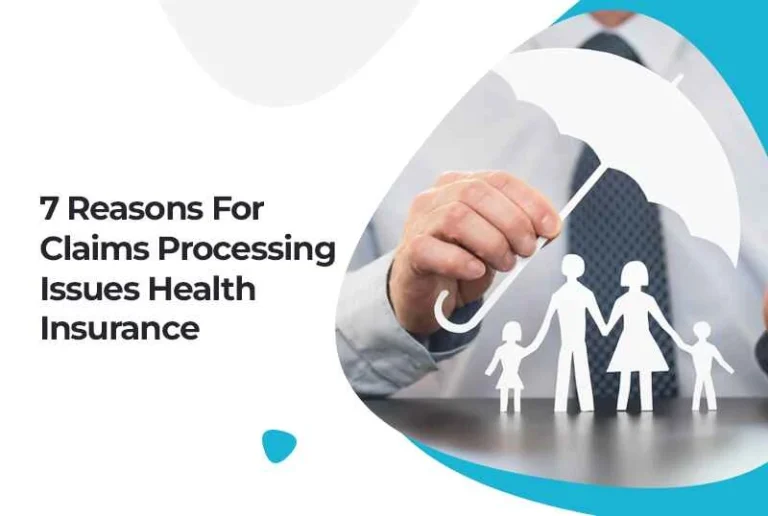Transparency in the changing medical industry is important for tracking unethical billing practices in US healthcare. Patients should be able to rely not only on receiving good care but also on fair and accurate billing from their providers. Sadly, unethical billing has become a growing challenge to these factors as it affects patients, providers, and the healthcare system.
While some errors result from negligence, fraudulent billing, whether with evil intentions or not, will more likely lead to significant legal and financial repercussions. For healthcare providers, awareness of these practices will not just prevent one from facing penalties but also maintain a practice’s trust, reputation, and sustainability.
Let’s learn about the most common unethical billing practices in the healthcare industry and discuss how providers can avoid them by outsourcing medical billing services to build patient trust.
Common Unethical Billing Practices in US Healthcare
Here are some common unethical billing practices in US healthcare industry:
1. Upcoding Fraud
The most frequent type of billing fraud involves upcoding, whereby providers use billing codes for more advanced or expensive procedures than those they carried out. A physician billing an extensive examination for what should have been a concise consultation is a good illustration of this form of billing fraud.
The appeal of cashing in immediately may seem attractive, but upcoding breaks trust and may result in heavy fines, ineligibility for insurance programs, and lawsuits. In addition to the potential liabilities, patients lose faith in a provider’s integrity and, indirectly, lose trust in long-term relations and business viability. This loss of confidence can significantly decrease patient volume, directly impacting the practice’s financial health.
2. Unbundling Services
Another misrepresentation is unbundling or “fragmentation.” It involves unduly splitting services into more procedures than necessary to maximize reimbursement. For example, a blood panel test can be presented as an individual test instead of one service.
This also increases costs and harms the provider-patient relationship. The patient may need to be more compelling about why their bills are high, leading to a question about the provider’s ethical standards. Moreover, healthcare regulators actively pursue cases of unbundling and have established high-profile settlements that cost providers millions of dollars in penalties.
3. Double Billing
Double billing occurs when a provider submits the same claim to the same or multiple payers. This issue could result from lazy and careless processes or even intentional fraud leading to unethical billing practices in US healthcare.
For instance, charging Medicare and another private insurer for the same procedure is strictly prohibited. It may lead to severe consequences, including reputational damage and even loss of patient trust. Patients charged this way might not return to the provider, losing long-term revenue.
4. Phantom Charges
Phantom billing is billing for services never given or unnecessary treatments rendered only as a means of profiteering. This practice involves submitting a bill for medical equipment or procedures the patient never got.
These impact resources, overburden the healthcare system and hurt patient care. Patients who feel that the provider is phantom billing them are likely to complain against them, resulting in investigations, penalties, and reputational harm.
5. Misrepresentation in Billing
Billing fraud occurs in various forms, such as incorrectly stating the location of the service, the date of service provided, or the provider credentials where the procedure was conducted. Another example is when a provider bills for a procedure in the practice under the doctor’s supervision when the patient performs it at home. This behaviour harms the patient’s trust and might result in license cancellation or jail sentences.
Even billing for a procedure done in the clinic under the doctor’s supervision when the patient gave it at home would be problematic and may lead to serious legal problems.
Avoiding and Detecting Unethical Billing Practices in US Healthcare
Follow the steps below to successfully avoid and even detect ethical billing practices in US healthcare.
1. Stay Informed
Providers should always be informed about current CPT codes psychotherapy and healthcare legal and regulatory statutes. Being informed enables providers to catch errors before they become problems and avoid unethical billing practices in US healthcare.
2. Maintain Accurate Documentation
Proper and current documentation will help ensure accuracy in billing and avoid any error that could be misconstrued as fraudulent. Uniform and detailed records will also allow for better patient care.
3. Encourage Transparency
Transparent work culture is an approach toward solving unethical practices. Encourage staff members to report suspicious activities and receive regular training in billing standards of ethics. Moreover, transparency assures patients that your practice does not favour dishonesty or lack of integrity.
4. Implement Systematic Monitoring
Utilize technology to audit and monitor billing practices regularly. Compliance tools like coding audits and automated checks that catch discrepancies early on facilitate the process. Furthermore, implementing the AHIMA Standards of Ethical Coding can further enhance compliance efforts.
Why Ethical Billing Matters
Ethical billing becomes more than a mere legal obligation for a healthcare provider; trust and professionalism support their patient relationships. Patients rely on providers to care for their health and financial well-being, and bad billing practices can hurt this relationship of trust.
Such practices harm patients and come with legal liabilities, fines, and reputational damage. On the other hand, ethical billing promises practice protection, improved patient satisfaction, and a fairer healthcare system as providers accept change and demonstrate dedication to the patient’s well-being in the aftermath of a more balanced system. By adopting ethical billing practices, providers can avoid legal issues, enhance patient trust, improve patient care, and contribute to a more compliant healthcare system.
Conclusion
Any healthcare provider requires ethical billing practices for success and sustainability. Preventing upcoding and unbundling, facilitating transparency, and proper documentation are proactive measures a provider may take to ensure integrity during billing. Providers who undertake these measures empower themselves to prevent unethical billing practices in US healthcare.
After all, an honest and transparent billing system protects your practice legally and helps you establish long-term relations with your patients by trusting them with their care. The health care provider can be an ethical leader in patient care simply by paying attention and taking necessary proactive measures. Ethical billing is not more important; it is the foundation of patient trust and professionalism.
Precision Hub: Your Trusted Partner
With Precision Hub, unfair and inaccurate billing practices in US healthcare will be detected and prevented, giving patients fair billing. Book your call with us today to see how this can improve and optimize your billing and claims process, safeguard your reputation, and open the door to new opportunities for growth in medical billing and coding.
Are You Ready to Use Ethical Billing Practices in US Healthcare?
Meet Precision Hub today to learn how we can protect and ensure the compliance of your billing process and help you identify potential growth in medical billing.







